The real beauty in these images is that you get to see the actual profile we give to our rifles and you can clearly see that they maintain traditional English lines. Many of today's makers have slipped into making heavier, bulkier rifles in the belief they will be more comfortable to shoot. The truth is that a well balanced, proportionate rifle, stocked to sensible measurements will always be more pleasant to shoot than a poorly configured rifle. This is evidenced by the vintage collection of rifles that we have here, all of which maintain great lines and balance regardless of calibre.
It is worth noting on the .416 that we built it on a left handed magnum Mauser '98 action. We have always believed in building the correct calibre on the correct action size as this undoubtedly helps with the handling characteristics of the rifle.
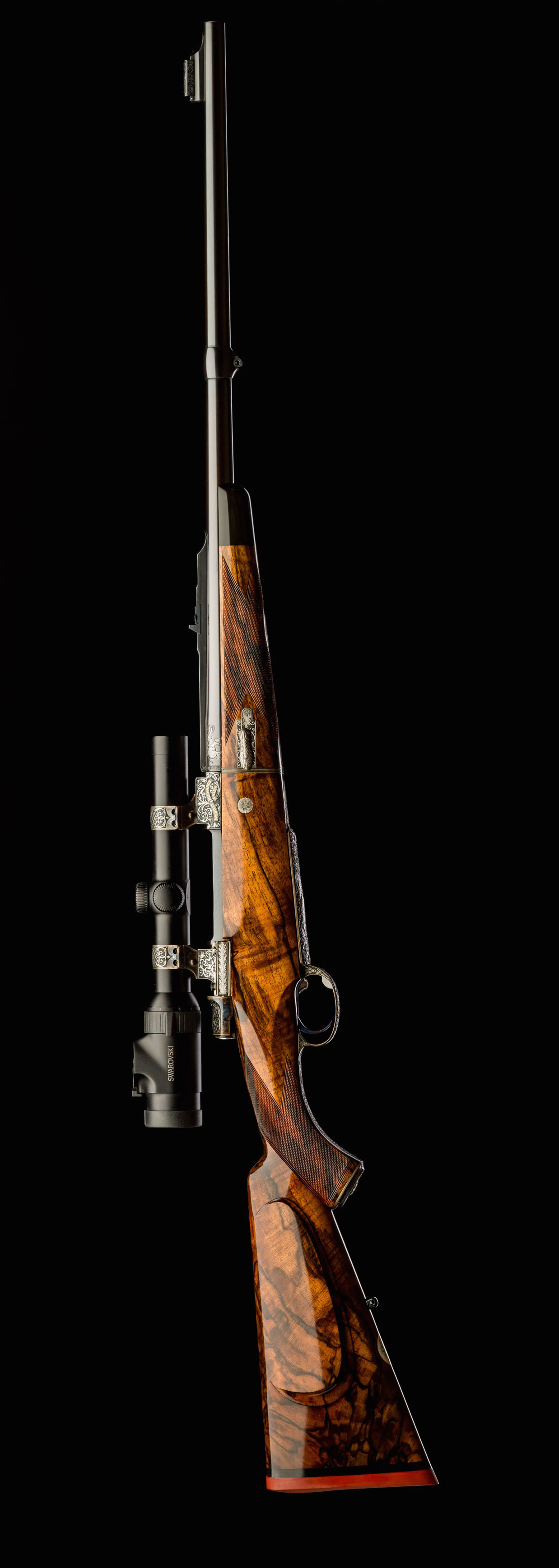 This photograph can be pulled off the blog, rotated and enlarged.
This photograph can be pulled off the blog, rotated and enlarged.
The rifle below is an exhibition grade .300 WSM complete in a deluxe oak and leather case with ivory handled tooling. The photo does not do the rifle justice and we have been fortunate enough to have it here at the factory where many a client has been awed by its quality!
A post written by 'Trigger'

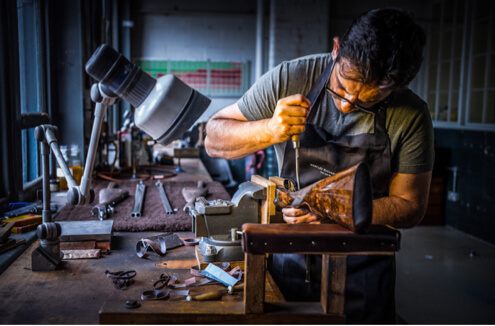
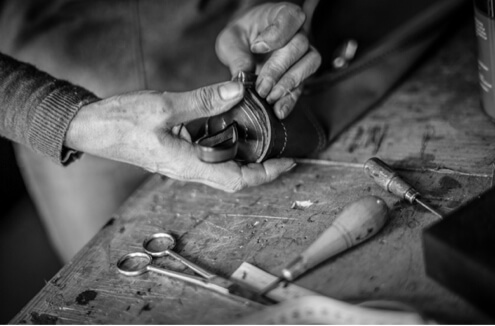
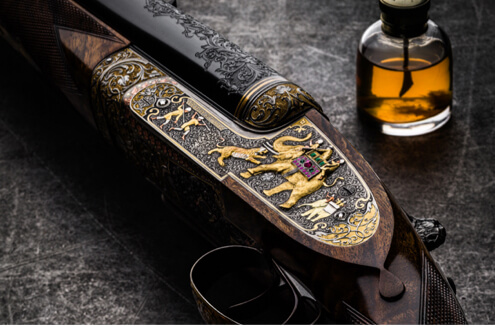
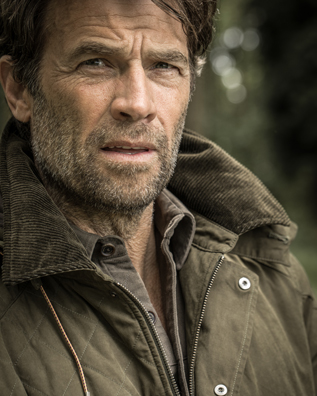
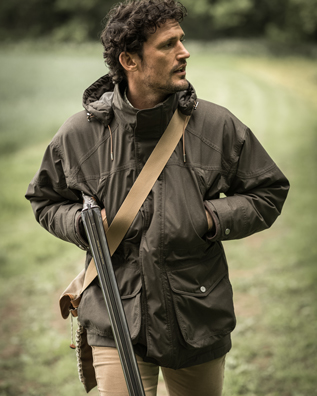
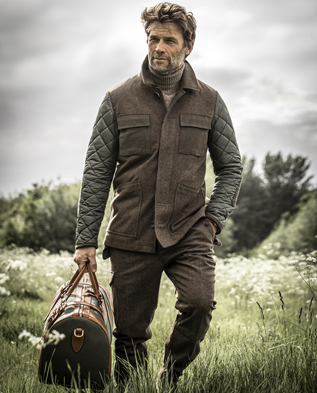
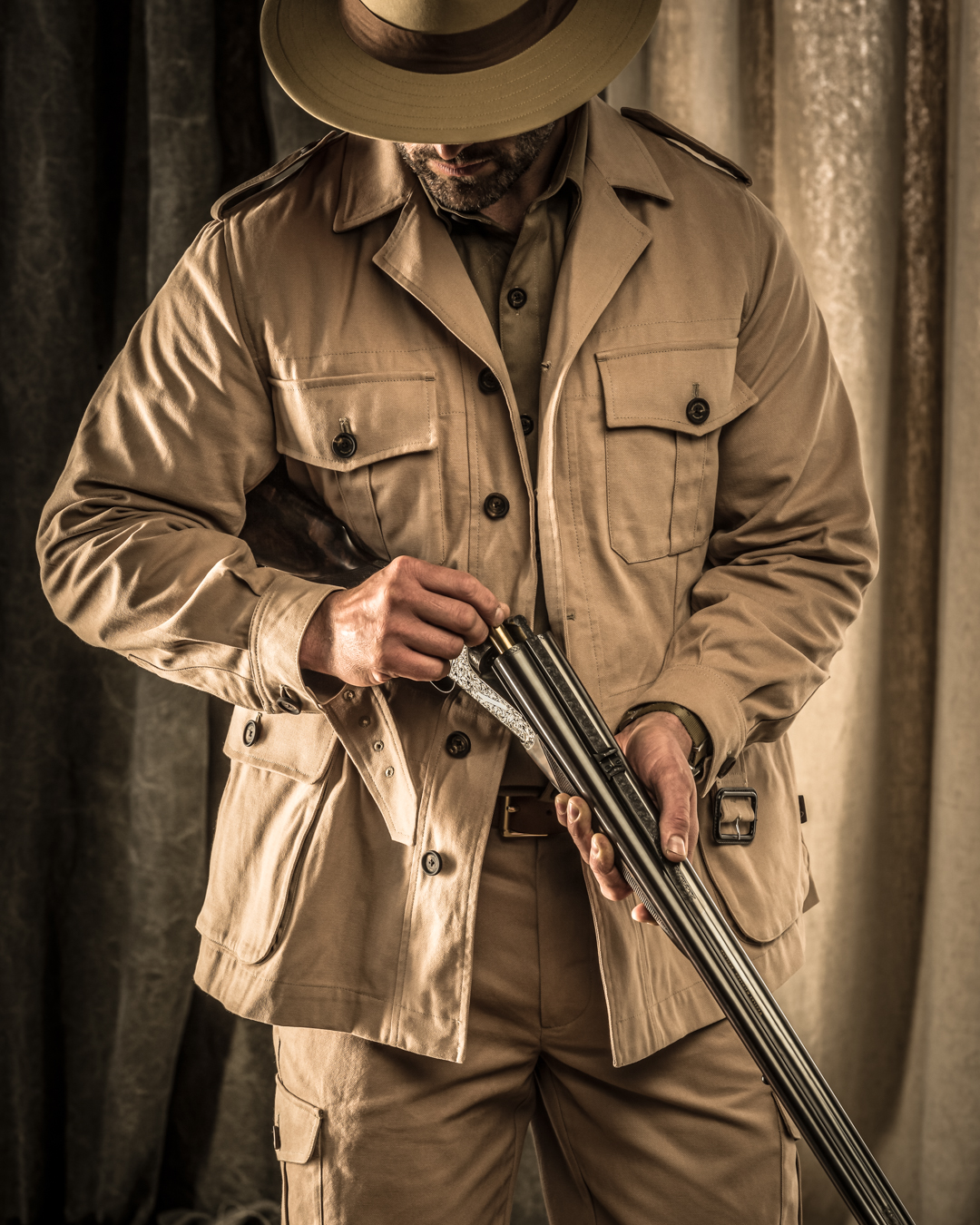
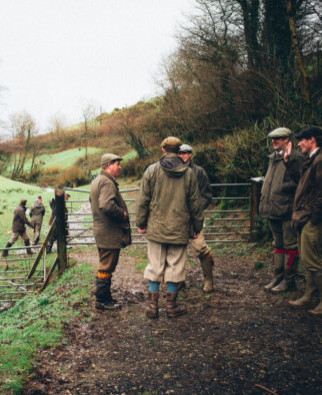
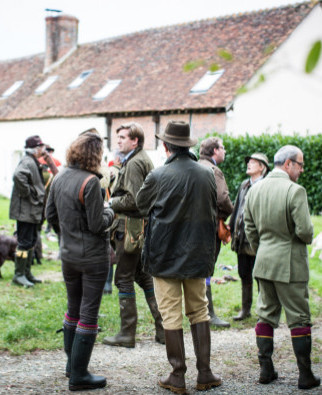
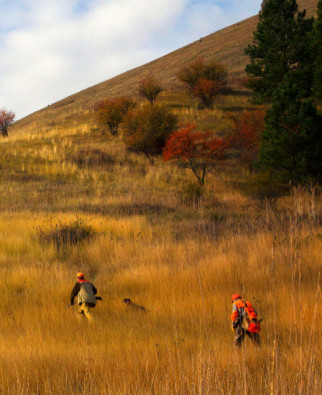

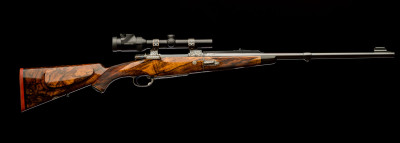
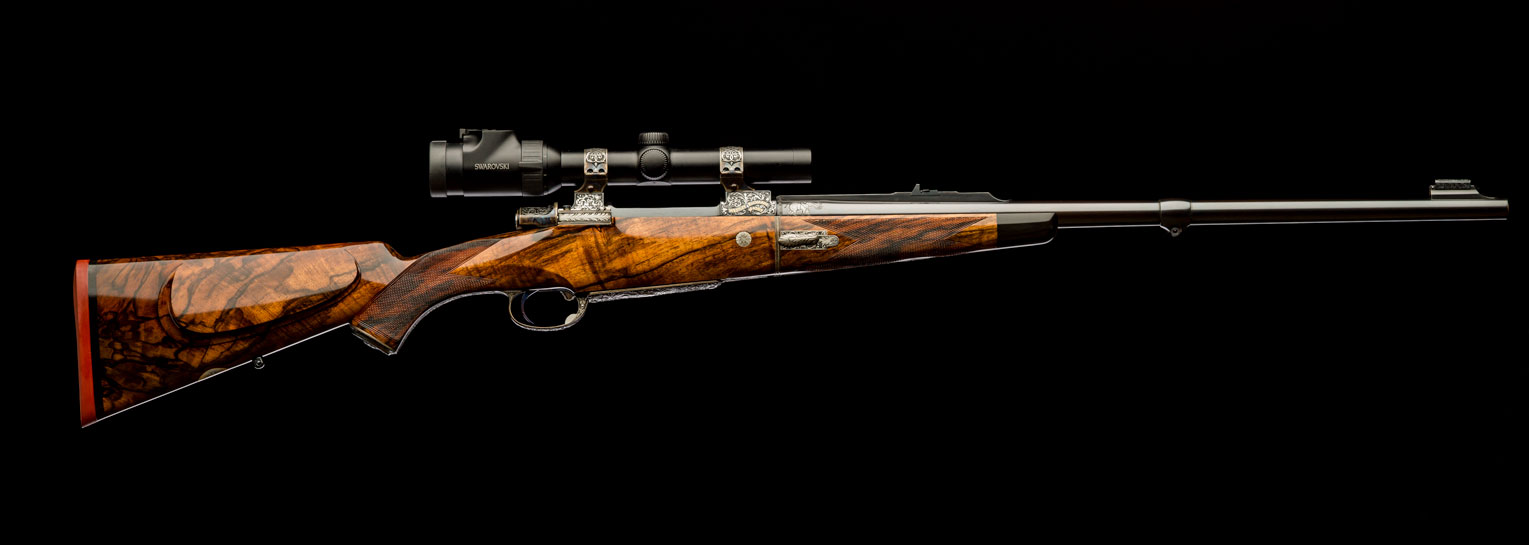
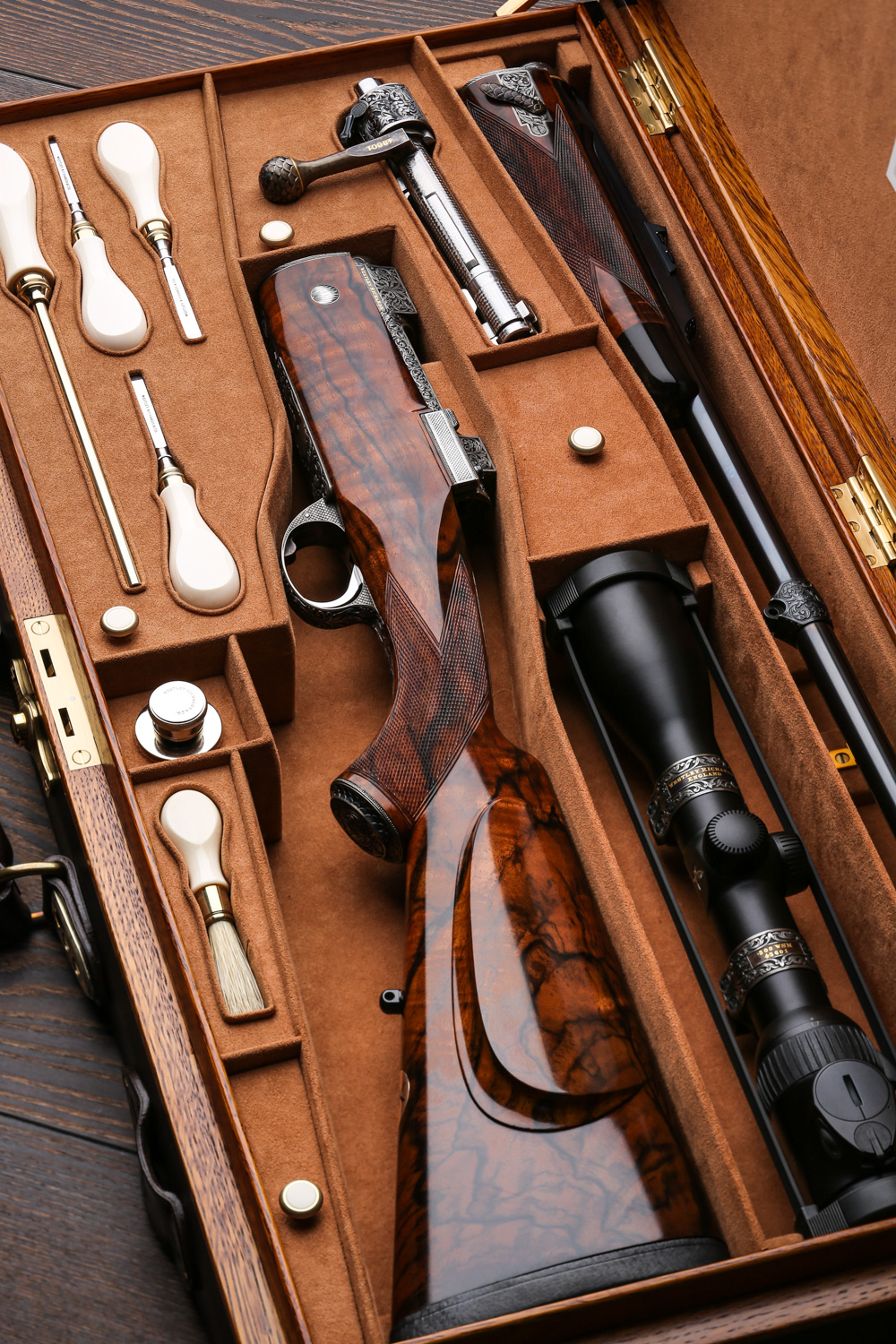


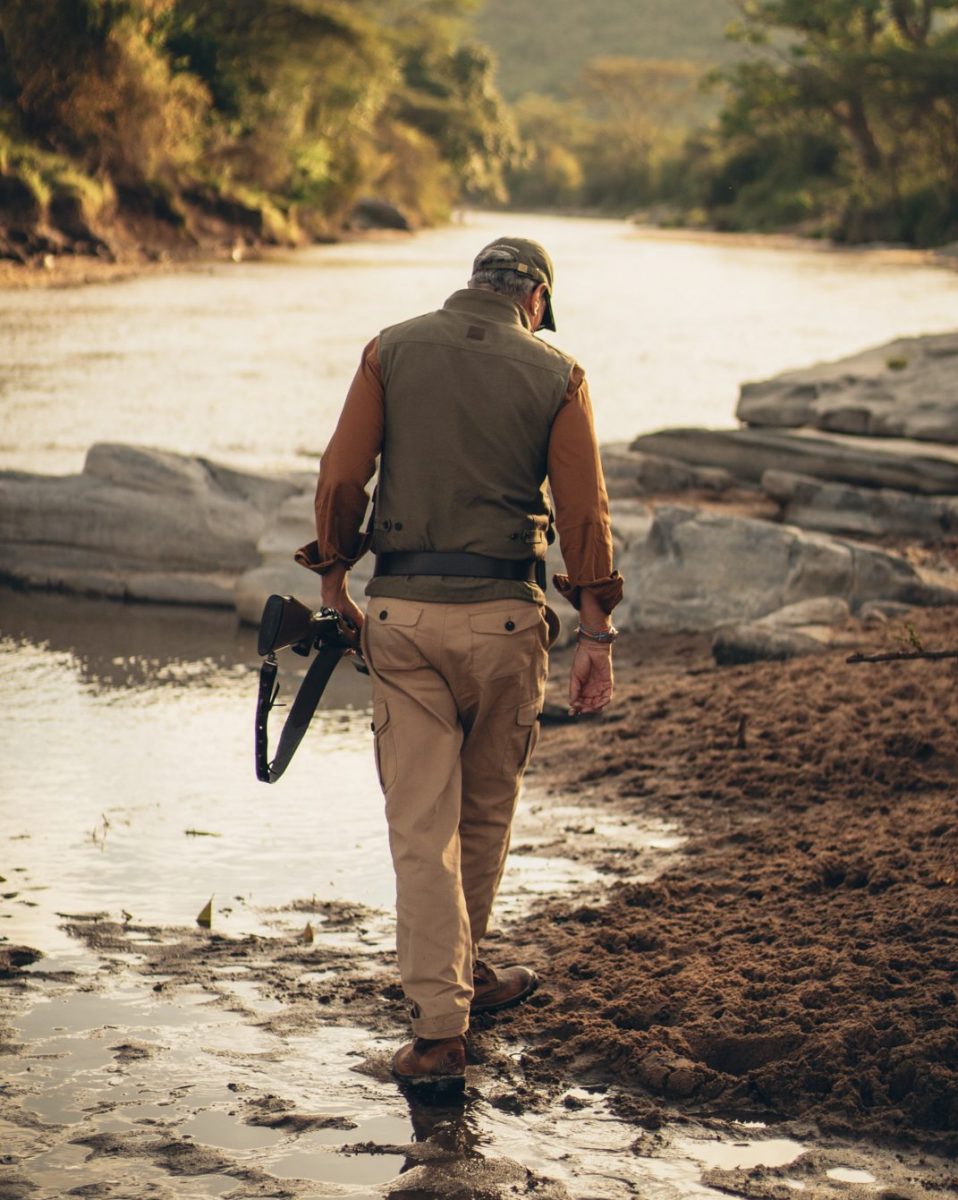
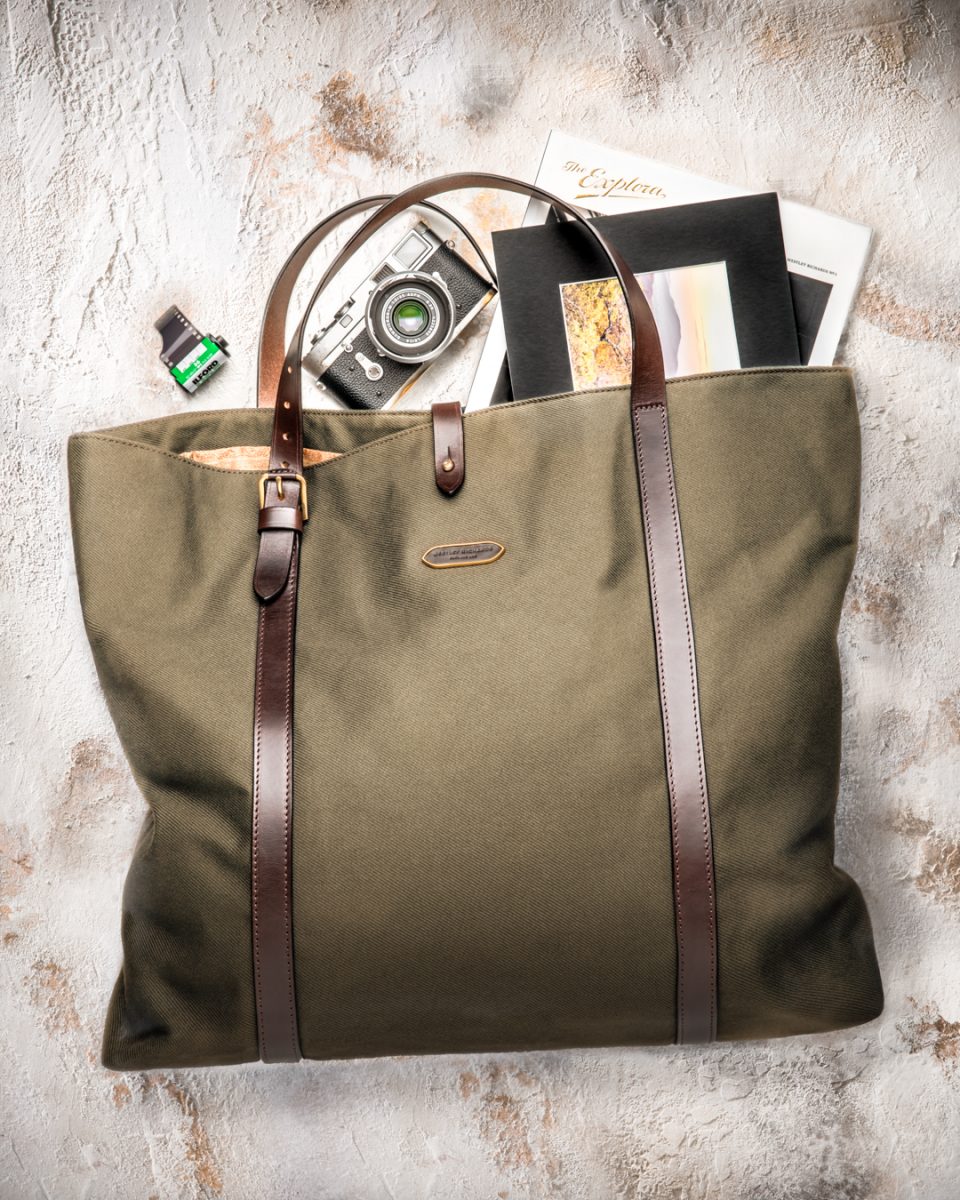
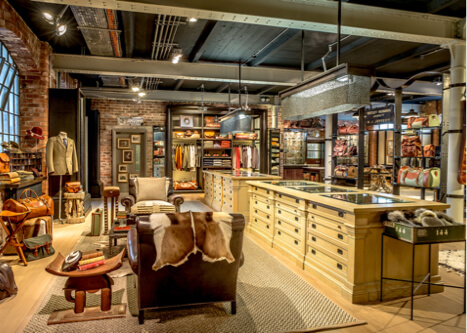
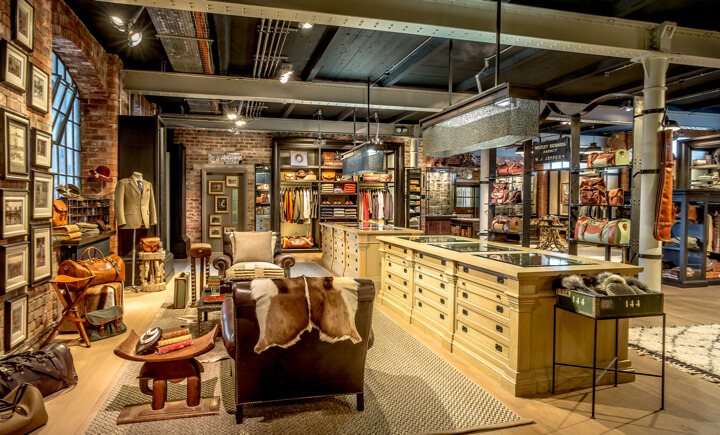
jens berthos on June 26, 2015 at 2:15 pm
great post and great blog thanks gentleman
please tell us about your m98 action??
do you use golmatic-prechtel m98 actions??
or do you make other makers??
thank you
Simon Clode on June 26, 2015 at 3:15 pm
We make on a variety, original Mauser Oberndorf, Prechtel, Granite (left handed), Mannlicher and Medwell.
Neill Clark on June 26, 2015 at 2:21 pm
Rifle porn, oh how I love that rifle! Bolt action rifles are my first love when it comes to firearms, and yours tick all the boxes and more. Thanks for sharing the pictures, and wow, do I envy the soon to be delighted owner.
Fowad on June 27, 2015 at 11:45 am
Dear Mr. Simon,
i am always curious to know about the "sight making" as read and seen a lot about the guns and rifles, stocks, engraving etc... but there is hardly any appreciation for the sight makers, are they some specialised people or on what stage this is done. i consider rifle sights as one of most important component.
tell us something about it. westley richards sights have always amazed me they look very different form others. one can recognise westley rifle by looking it at foresight....correct me if i am wrong...
Simon Clode on June 27, 2015 at 12:04 pm
Thank you, I will do something in this next week. Thanks for the idea and request.
Simon.
Vance Daigle on June 27, 2015 at 11:59 am
Good Day Sir,
These guns are stunning!!!! The last time I saw something so beautiful I married her!!! I cannot tell from the pictures, I am getting ole and the sight is not what it used to be. Do you still use what I call flat top checkering with mulled borders? Flat top is not often encountered by me on current made guns.
In Christ
Vance,
Simon Clode on June 27, 2015 at 12:14 pm
Good day Vance,
No, we do not use flat top checkering and this has not been a feature of our guns and rifles since 1900. The only modern guns I know I have seen it on are the best Rizzini's (which was superbly executed) but that is not saying they are the only ones!
Simon
Peter Martisson on June 28, 2015 at 5:21 am
Dear Mr Clode
Absolutely stunning rifles.
Nice to see Trigger helping you with the blog
Best regards
Peter
Simon Clode on June 28, 2015 at 11:38 am
Under duress he did! And about time too!
neil mcveigh on June 29, 2015 at 3:12 am
Simon you built me a .375 H&H a couple of years ago which I simply adore.
My instructions to Trigger was that the finished rifle without scope and unloaded should weigh eight pounds!When finished it weighed eight pounds two ounces!Style is classical English and due to its stock configuration its a pussy-cat to shoot.I can't understand how people make a .375 which weighs 10-11 lbs.without the scope.
My query is you seem to use two methods for the break-down either a threaded barrel or bayonet like fixture.What decides which system you use,cost or calibre?
neil
P.S.I have forgiven Trigger for the extra two ounces!
Simon Clode on June 29, 2015 at 3:20 am
It is generous of you to let him off the 2oz! The old method of take down was the bayonet fitting which was a sleeve fitted over the front ring of a Mauser action, in effect this modification was making use of the existing Mauser actions. Now with modern production copies we are able to have the take down threads fitted at production stage and retain the square bridges for the scope mounts. It is partly driven for the need for telescopes on 90% of the rifles we build as the old sleeve made the front mount difficult, side mounts were necessary and I don't particularly like them, bulky, ugly and not very good in most cases.
I like the bayonet method of take down, it is quick and positive. We are looking at incorporating that into the Mauser envelope without the need for a sleeve. I am not sure if it will be possible.
neil mcveigh on June 29, 2015 at 4:28 am
Appreciate the information.
Neil